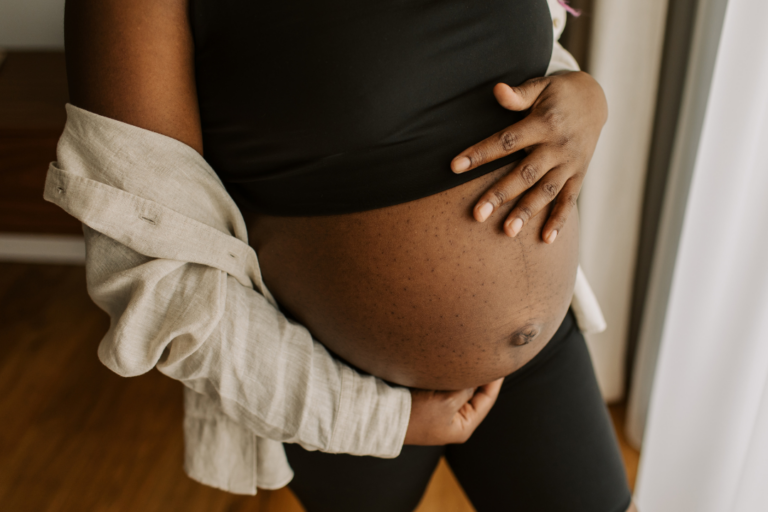HIV and pregnancy

Page last reviewed 8.4.2025
Can a person living with HIV have children?
HIV does not stop a person living with HIV from having children or a family. People living with HIV have the same rights to start a family as everyone else.
If a person living with HIV is planning pregnancy, they should consult their doctor well beforehand. HIV medication for people of reproductive age should always be planned considering the possibility of pregnancy.
When the person is on working HIV medication, they cannot transmit HIV. It’s possible for people living with HIV to conceive either through intercourse or fertility treatment.
If you’re trying to conceive through intercourse and the person with a penis has HIV and the person with a vagina is HIV negative, the person with a vagina can consider taking preventive HIV medication (PrEP). Many couples still choose to conceive without preventive medication. The doctor in charge of the HIV treatment should evaluate the need for this.
If you do not get pregnant within one year of trying to conceive through intercourse, you should consult the doctor responsible for your HIV treatment or a gynecologist to start fertility treatments. A person living with HIV can receive fertility treatment in Finland.
How does HIV affect pregnancy?
HIV infection should not affect your pregnancy and pregnancy should not affect the development of your HIV infection. Also for pregnant people living with HIV, the monitoring of the pregnancy is done in maternity health clinics, just like for all other expecting people.
If the person who is pregnant is not on working medication, HIV can be transmitted from the mother to the fetus at any point of pregnancy. The biggest risk for transmission is in the end of pregnancy and during labor. HIV can also be transmitted through breastfeeding. The virus levels of the the birthing person during labor are key to predicting the risk of transmission from the birthing person to the child. This is why it is crucial to test for HIV and treat the infection during the pregnancy.
The child’s risk of getting the HIV infection from a pregnant person who is taking their medication regularly is less than 1 %. Without the medication the risk for transmission is high, between 15-40 %. This means that if the pregnant person is on working medication, it is very likely that the child will be born healthy. In Finland, there here have been around 500 children born healthy without HIV infection to an HIV positive parent in Finland.
Can I breastfeed?
In Finland, it is not advised that a person living with HIV breastfeeds because HIV medications can transfer to breastmilk. The possibility of HIV being transmitted from the parent to the baby via breastfeeding hasn’t also been ruled out. That’s why it’s advised that the baby is fed with formula or donated breastmilk. After labor, the birthing person will be given medication that prevents milk production.
The everyday life of all families with children includes regular care of the baby, early interaction between the parent(s) and the baby, supporting the individual growth and development of the child and taking care of the cleanliness, intimacy, sleep and safety of the baby. Hugging, kissing and holding the baby are important parts of everyday life with a baby in all families and carry no risk for transmitting HIV. Parents cannot infect their baby by accident through regular daily activities.
